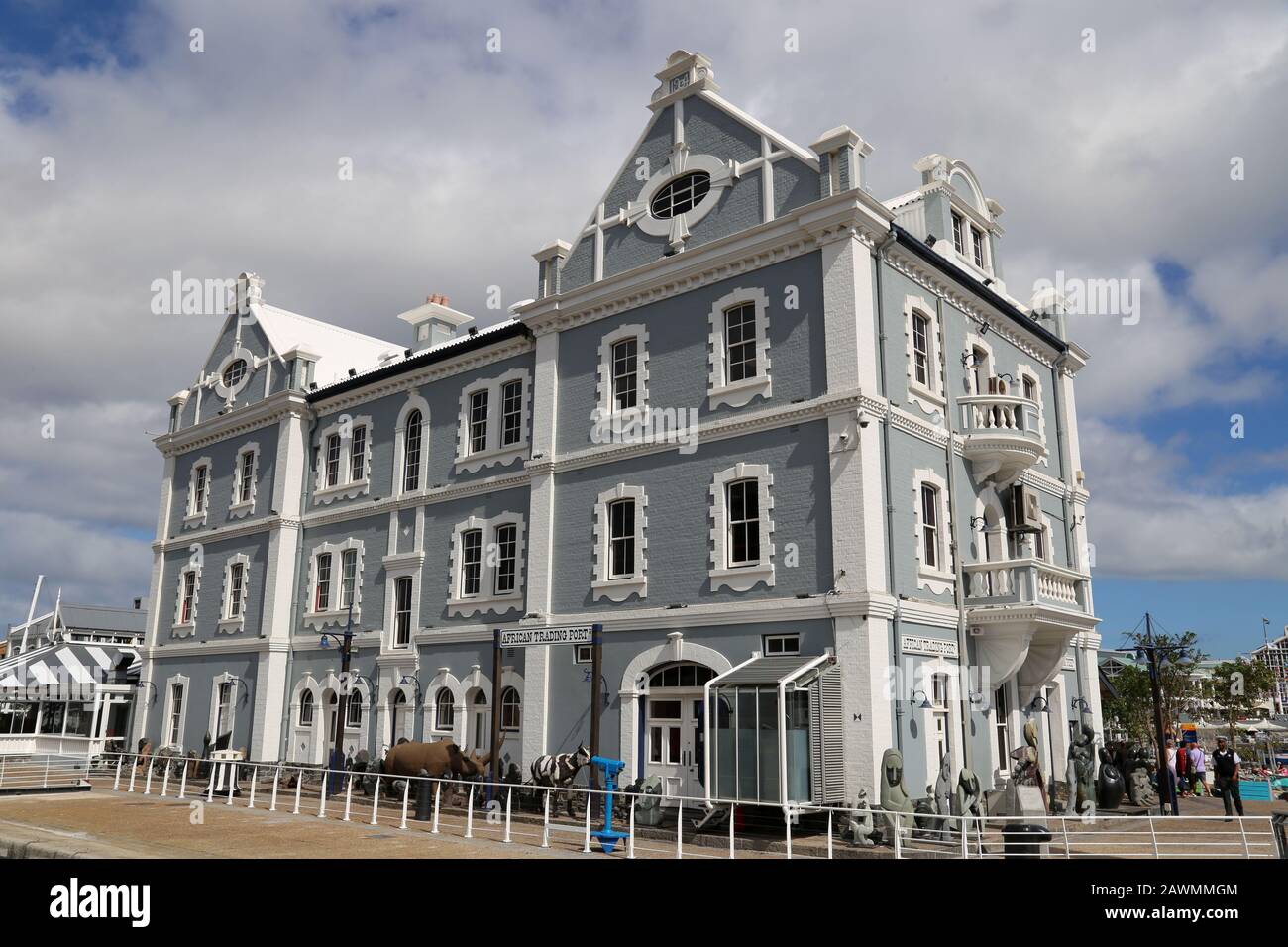Africa, the cradle of civilization and the second-largest continent in the world, boasts a rich history of maritime trade and commerce that has played a pivotal role in shaping its economies and societies. From the ancient Egyptian ports along the Nile River to the bustling trading hubs of modern-day Mombasa and Durban, Africa’s ports have served as gateways to global markets, facilitating the exchange of goods, ideas, and cultures. In recent years, Africa has witnessed a surge in port development and modernization, which has transformed these ports into thriving centers of economic growth and international trade.

Image: www.alamy.com
The Strategic Importance of Africa’s Ports
Africa’s ports are strategically located along major shipping routes, connecting the continent to Europe, Asia, and the Americas. This strategic positioning has made Africa a key player in global supply chains, handling a significant portion of the world’s trade. The continent’s vast natural resources, including oil, minerals, and agricultural products, have further enhanced the importance of its ports as export hubs. Conversely, Africa also relies on imports of manufactured goods and consumer products, making its ports vital for meeting the needs of its growing population.
Modernizing and Expanding Africa’s Ports
Recognizing the importance of ports to their economies, African governments have invested heavily in port modernization and expansion projects. These efforts have resulted in the construction of new terminals, the upgrade of existing infrastructure, and the implementation of advanced technologies to improve efficiency and capacity. As a result, Africa’s ports are now equipped to handle larger vessels and volumes of cargo, reducing shipping times and costs. The expansion of port facilities has also created employment opportunities and spurred economic growth in surrounding areas.
Key Trading Hubs in Africa
Among the most significant trading ports in Africa are:
-
Durban, South Africa: The largest and busiest port in Sub-Saharan Africa, Durban handles a wide range of cargo, including containers, bulk commodities, and vehicles.
-
Mombasa, Kenya: The primary port for East Africa, Mombasa serves as a gateway to the hinterland countries of Kenya, Uganda, Rwanda, and Burundi.
-
Lagos, Nigeria: Located on the Gulf of Guinea, Lagos is the largest port in West Africa and a major hub for oil exports.
-
Port Said, Egypt: Situated at the northern entrance to the Suez Canal, Port Said is a vital transit point for global trade.
-
Tangier Med, Morocco: A modern deep-water port on the Strait of Gibraltar, Tangier Med is strategically positioned to facilitate trade between Africa and Europe.
Economic Benefits of Port Development
The development of Africa’s trading ports has brought numerous economic benefits, including:
-
Increased trade volumes: Modernized ports enable the handling of larger volumes of cargo, facilitating increased trade between Africa and the rest of the world.
-
Job creation: Port development projects create direct and indirect employment opportunities in various sectors, including transportation, logistics, and manufacturing.
-
Economic growth: Ports act as catalysts for economic growth by attracting investment, supporting industrial development, and boosting tourism.
Challenges and Opportunities
Despite the progress made in port development, Africa still faces challenges in fully harnessing the potential of its trading ports. These challenges include:
-
Lack of adequate infrastructure: Some African ports lack sufficient infrastructure to handle the increasing volumes of cargo, leading to congestion and delays.
-
High operating costs: The cost of operating ports in Africa is often higher than in other regions, making African exports less competitive internationally.
-
Limited logistical capacity: The lack of efficient transportation networks connecting ports to hinterland areas can hinder the smooth flow of goods.
Addressing these challenges through continued investment in infrastructure, operational efficiency, and regional cooperation will enable Africa to maximize the benefits of its trading ports.
Conclusion
Africa’s trading ports play a vital role in the continent’s economic growth and development. By modernizing and expanding these ports, African nations are unlocking new opportunities for trade, investment, and job creation. As Africa continues to integrate into the global economy, its ports will serve as gateways to prosperity and sustainable development.

Image: www.agefotostock.com
Africa Trading Port






